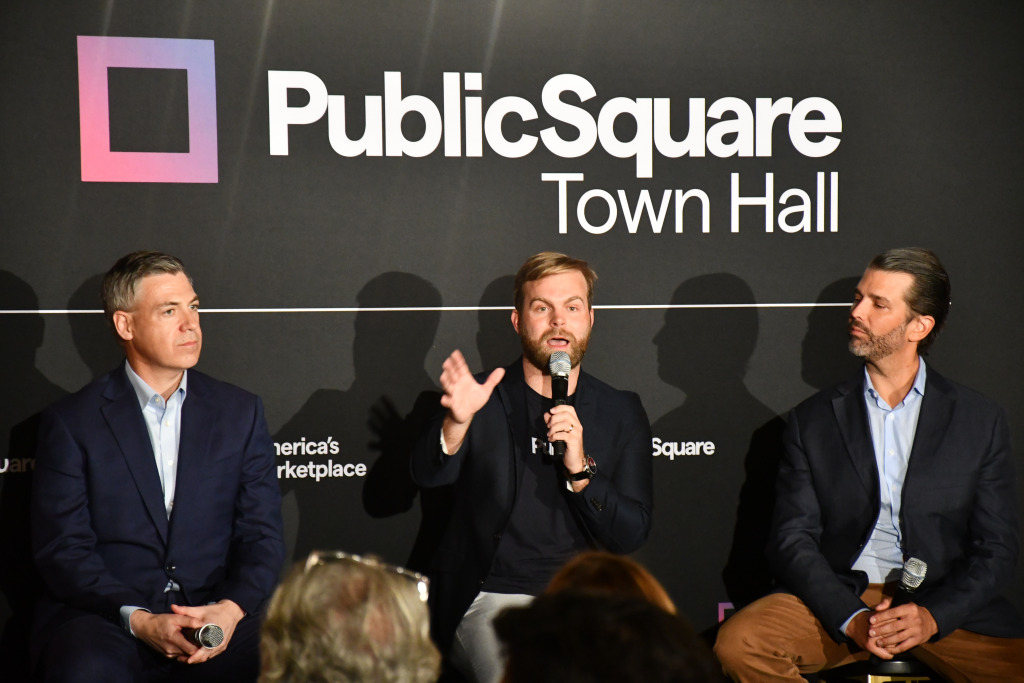
Apple targets spring 2026 for release of delayed Siri AI upgrade
Apple sought to downplay the company’s struggles in AI, saying that the postponed Siri features were just a part of a broader push and that success in AI will be determined over the next several years.















